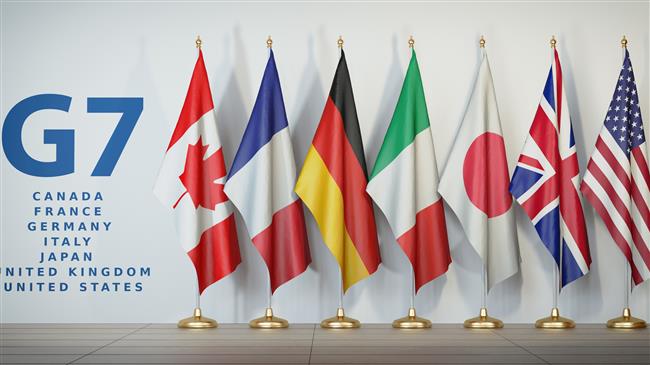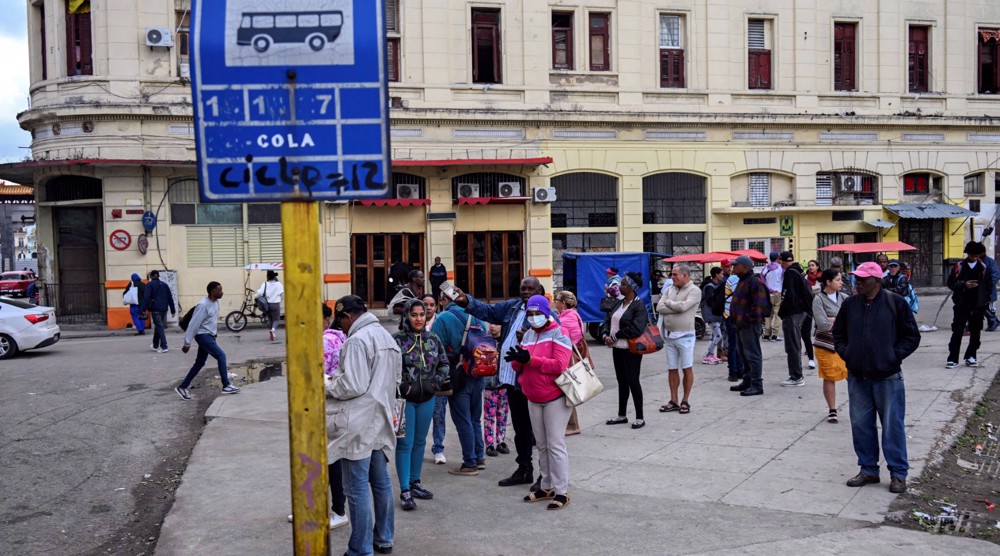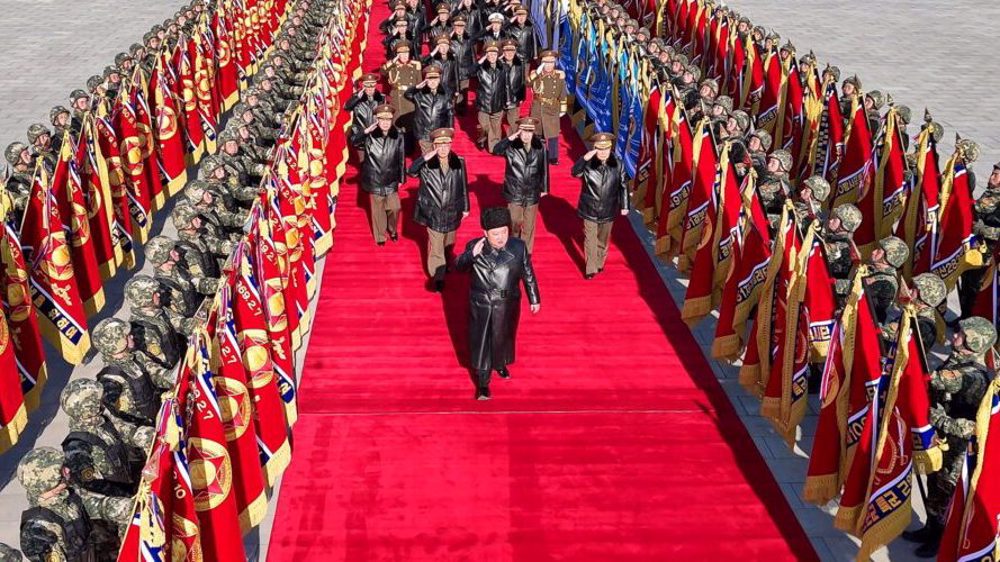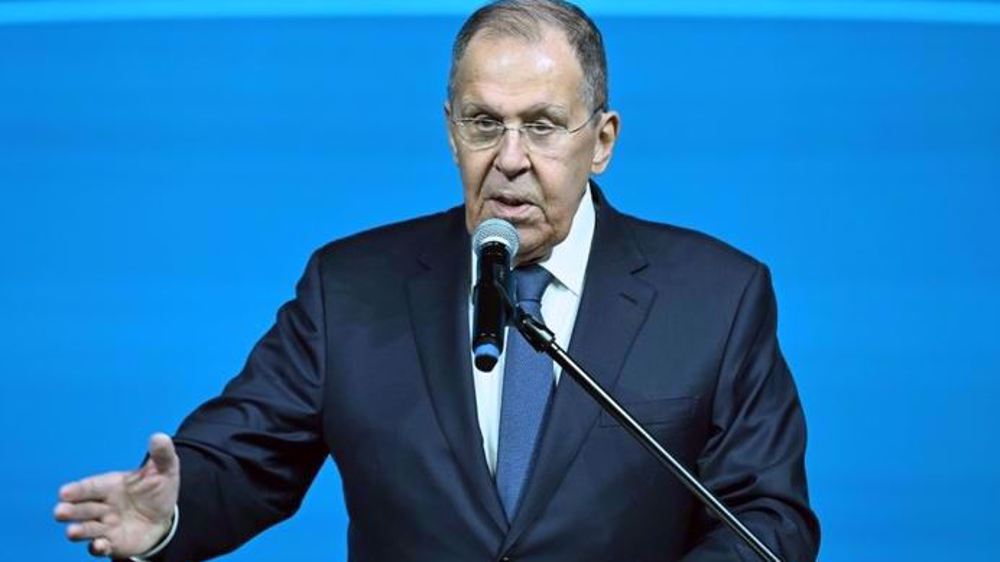Russian envoy warns G7 nations over 'dangerous game'
A top Russian diplomat says the so-called Group of Seven (G7) is playing a “dangerous game” by making aggressive and baseless criticism of the Kremlin as the move would push Russia closer to China and help their unification against western challenges.
Andrei Kelin, Russia’s ambassador to the UK, made the remarks in an interview with Reuters after G7 foreign ministers earlier this month scolded both China and Russia, labeling the Kremlin as malicious and Beijing as a bully in such issues as Ukraine and Chinese Taipei.
In a lengthy communique, the group of seven leading industrialized nations accused Russia of destabilizing activities including the 2014 “annexation” of Crimea, military buildup on Ukraine’s border and meddling in the internal affairs of other countries.
The group also voiced support for the secessionist government in Chinese Taipei and accused Beijing of alleged rights abuses in the western Xinjiang region.
Responding to the allegations, Kelin said the G7’s communique was biased, confrontational, lacked substance and was stoking anti-Western feelings among Russians, while its aggressive attitude towards Russia and China was pushing the two world powers together.
“This is a dangerous game,” the Russian ambassador said. “Russia and China have enormous potential in different fields – in the economy, in technology, in military capacities, in politics – this potential is spread around the world.”
“We are not allies with China, however pushing Russia and China, it closes our ranks with China – in that sense we are more and more united against challenges that are being presented from the West.”

G7 leaders are slated to gather for a summit in St. Ives, in the southern English region of Cornwall on June 11 and dealing with Russia is expected to be on the agenda.
Kelin said Russia would proceed according to its own geopolitical interests and that if there were issues that needed to be discussed then dialogue was the best way.
Asked about G7 criticism of the state of human rights in Russia, Kelin said the United States and Britain should pay more attention to the state of their own democracy after the attacks on the US Capitol and race issues in Britain.
“Look at yourself in this situation – but they don’t want to look at themselves,” the Russian ambassador said. “No one gives them the right to judge others – especially on the state of democracy.”
Russia ‘not eager’ to rejoin G7
Also in the interview with Reuters, Kelin expressed Russia’s reluctance to rejoin G7 after its membership was suspended over the 2014 reunification of Crimea with Russia.
“We see discussions on this subject: let’s invite Russia, let’s not invite Russia. It is strange for us as we are not eager to become once again a part of this club,” Kelin said. “In our view it has lost its authority.”
“It is divisive – it has a tendency to split the world into friends and aliens: they want to talk about coalitions of friends targeted against the others. This doesn’t bring solutions – it brings more problems to the world,” Kelin said.
Russia, he said, was more interested in other forums such as the G20, Shanghai Cooperation Organization and the BRICs organization.
Russia was expelled from what was then the G8 in 2014 following the deterioration of relations between Moscow and the rest of Europe as well as the US over the rejoining of Crimea to Russia.
Crimea rejoined Russia following a referendum where more than 90 percent of participants voted in favor of separating from Ukraine. The West brands the reunification as annexation of Ukrainian land by Russia, which strongly rejects the allegation.
Islamic Revolution anniv. rallies to span 1,400 cities, draw 7,700 media personnel: Official
Latifa Abouchakra briefly arrested by Midlands Police
Iran advises US to act independently of ‘destructive’ Israeli influence amid nuclear talks in Oman
VIDEO | 'Not in my name': Pro-Palestinian rally held in Sydney against Israeli president's visit
VIDEO | Spain railway strike: Unions call for increased safety after deadly train crashes
Threats will be met with ‘more forceful and wider’ response: Iran’s armed forces
Without trust-building, talks with US will be futile: Iranian diplomat
Hezbollah slams Israel's abduction of Lebanese group official in raid












 This makes it easy to access the Press TV website
This makes it easy to access the Press TV website